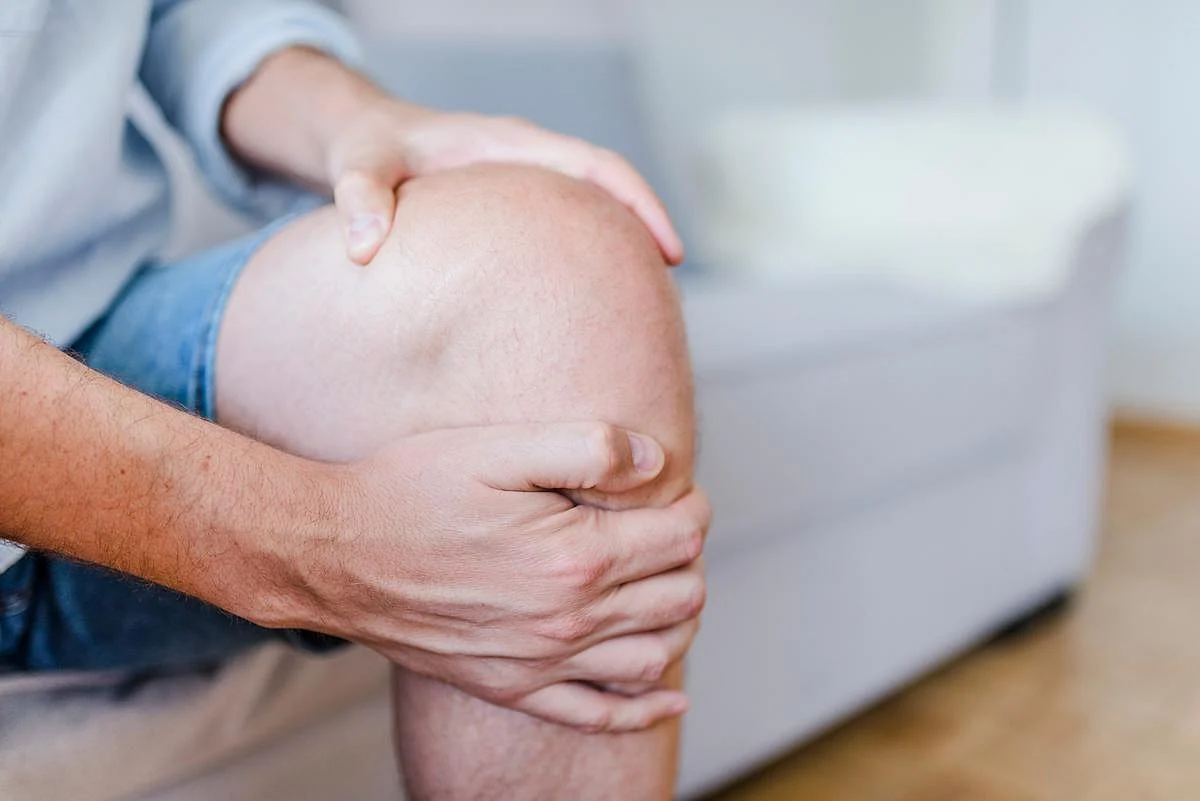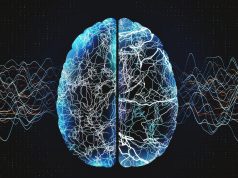Significant decrease seen in serum levels of vascular endothelial growth factor and interleukin-1 receptor antagonist at 12 months
By Elana Gotkine HealthDay Reporter
TUESDAY, Aug. 19, 2025 (HealthDay News) — For symptomatic knee osteoarthritis (KOA), genicular artery embolization is a safe treatment, providing clinically significant pain relief for some patients, according to a study published online Aug. 12 in the Journal of Vascular and Interventional Radiology.
Bedros Taslakian, M.D., from the NYU Grossman School of Medicine in New York City, and colleagues conducted a prospective clinical trial of 25 patients with symptomatic KOA resistant to conservative therapy for more than three months. Patient-reported outcome measures were assessed at baseline and one, three, and 12 months after GAE using 250-µm microspheres.
The researchers found that the technical success rate was 100 percent and there were no significant adverse events. There was a 62 percent clinical success rate. The mean visual analog scale pain score for the target knee decreased by 48.5, 50.8, and 55.4 percent at one, three, and 12 months, respectively. At one, three, and 12 months, Western Ontario and McMaster Universities Osteoarthritis Index pain scores improved by 39.6, 50.1, and 43.7 percent, respectively. At 12 months, a significant decrease was seen in the serum levels of vascular endothelial growth factor and interleukin-1 receptor antagonist. No significant change was seen in the remaining biomarkers.
“Our study findings also indicate that genicular artery embolization may, if further larger clinical trials prove successful, slow down the progression of osteoarthritis by observing significant decreases in signaling proteins, specifically vascular endothelial growth factor and interleukin 1 receptor agonist, one year after the procedure,” Taslakian said in a statement.
Two authors disclosed ties to the medical device and technology industries.
Copyright © 2025 HealthDay. All rights reserved.








